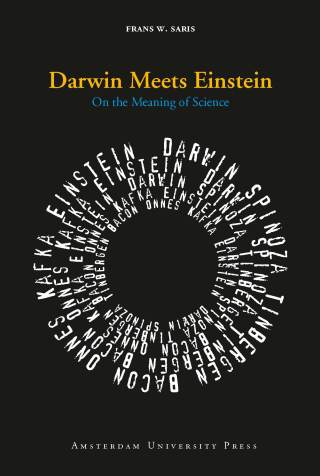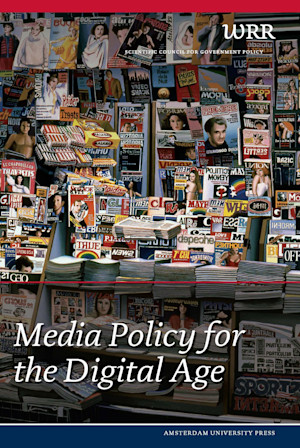Voor een gezonde democratie is een gevarieerd en toegankelijk media-aanbod van groot belang. Radio, televisie, kranten en tijdschriften spelen een belangrijke rol in de maatschappelijke informatievoorziening, het publieke debat, de cultuur, de vrijetijdsbesteding en de ontspanning. Het mediabeleid van de regering is erop gericht een veelzijdig, kwalitatief hoogwaardig en onafhankelijk mediaaanbod te garanderen, dat toegankelijk is voor alle bevolkingsgroepen waar ook in het land. Door de opkomst van het internet en veranderend consumentengedrag is het medialandschap echter sterk aan het veranderen. In deze Engelse vertaling van het WRR-Rapport
Focus op functies brengt de WRR advies uit aan de regering om daarmee de doelstellingen van het mediabeleid op een toekomstbestendige wijze op een lijn te brengen met de (verwachte) veranderingen in het medialandschap.
Klik hier voor meer informatie over de
Nederlandse editie Focus op Functies
